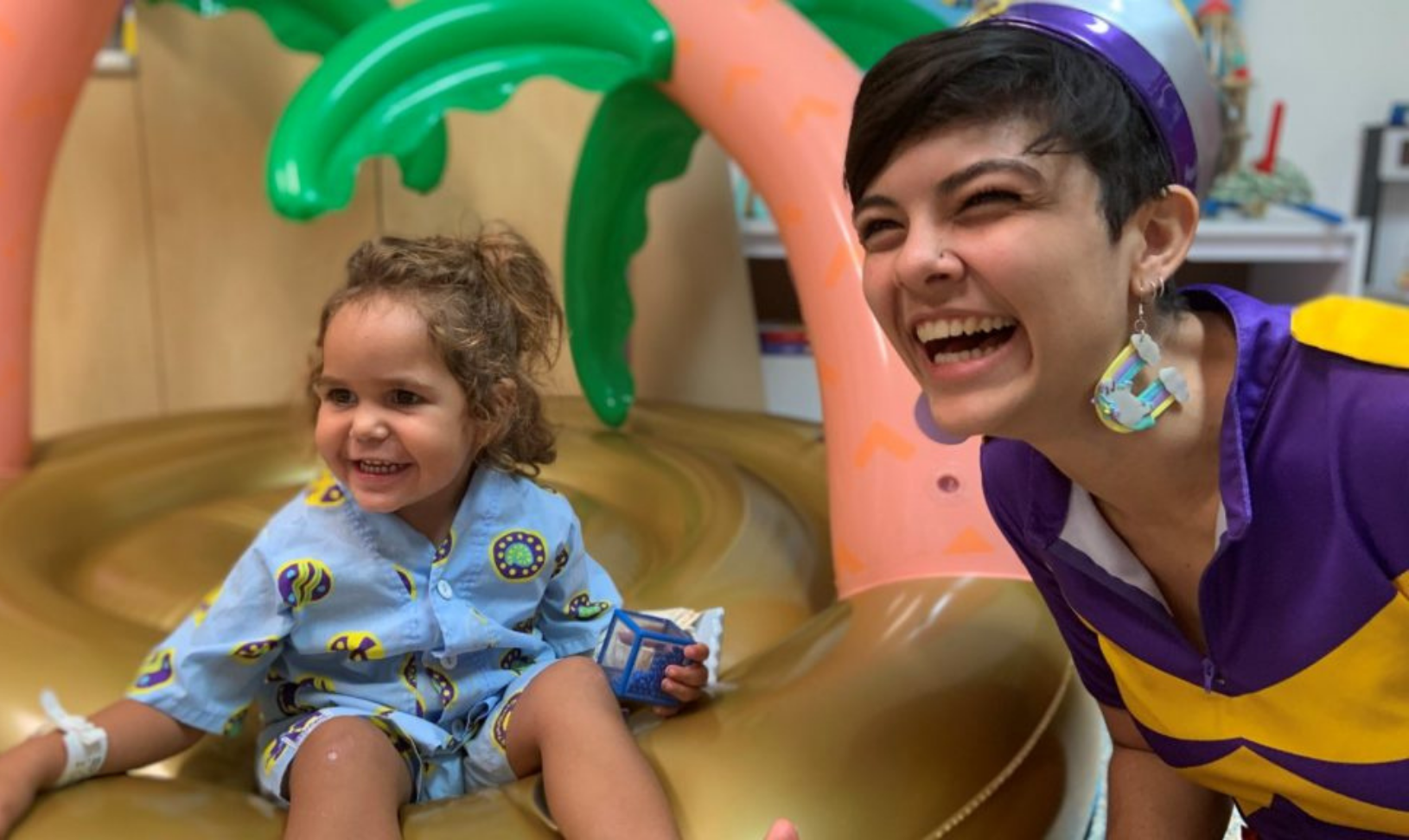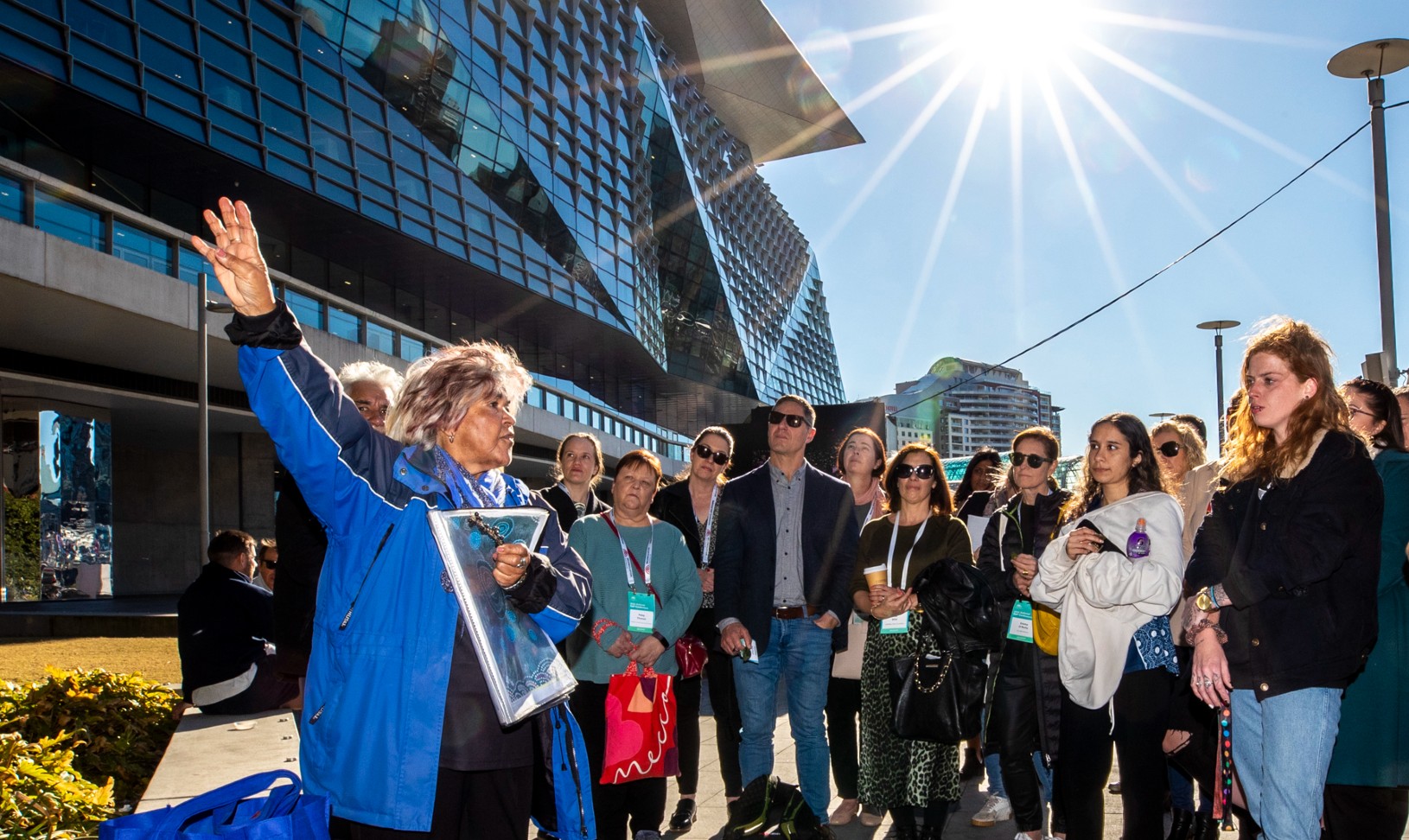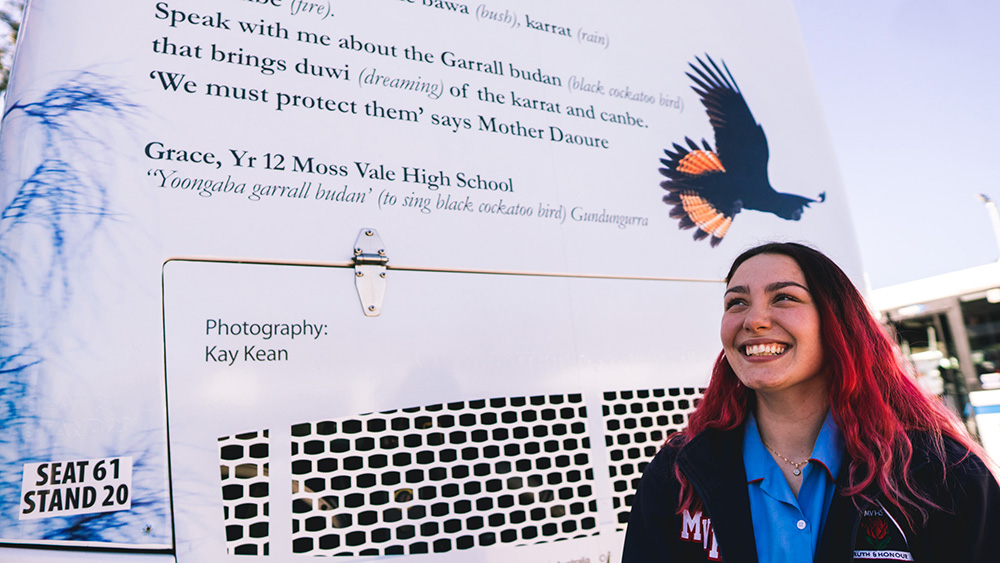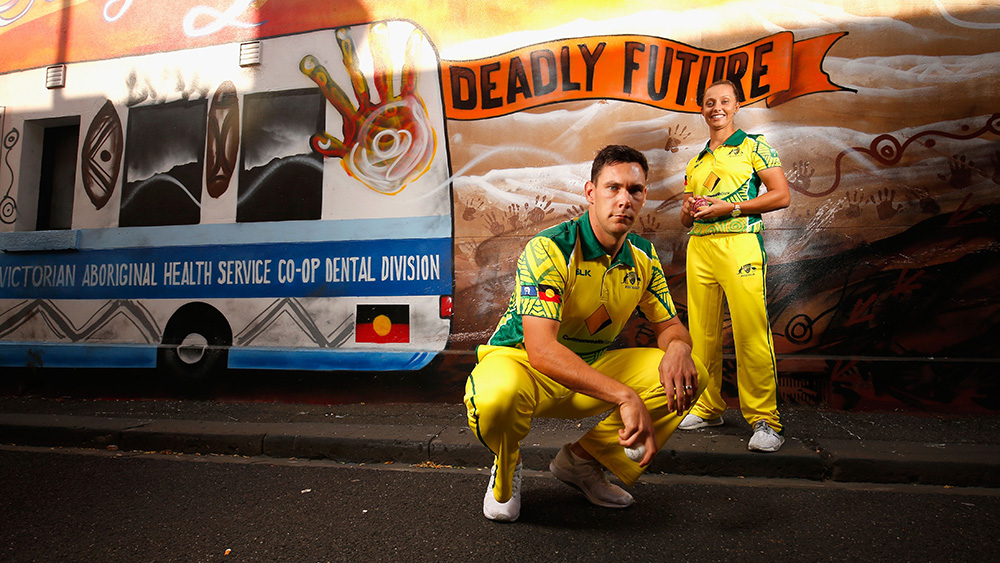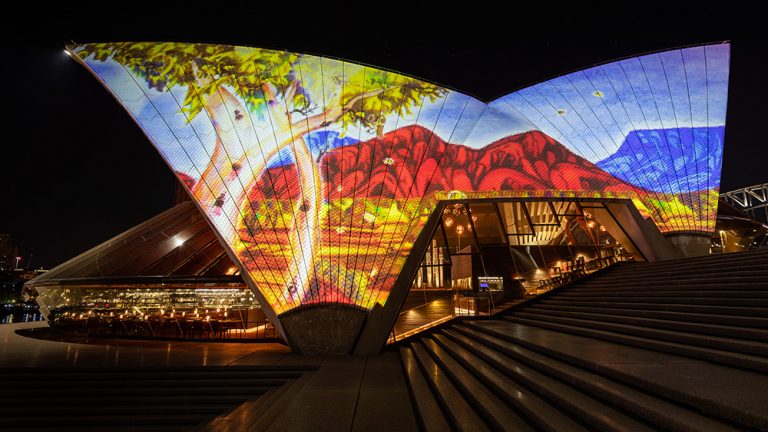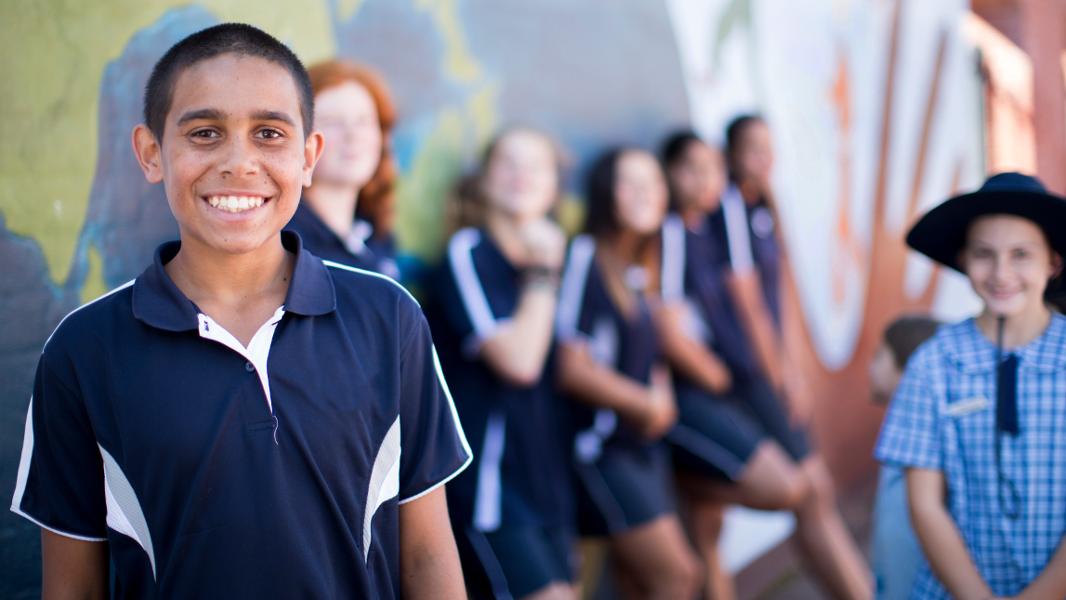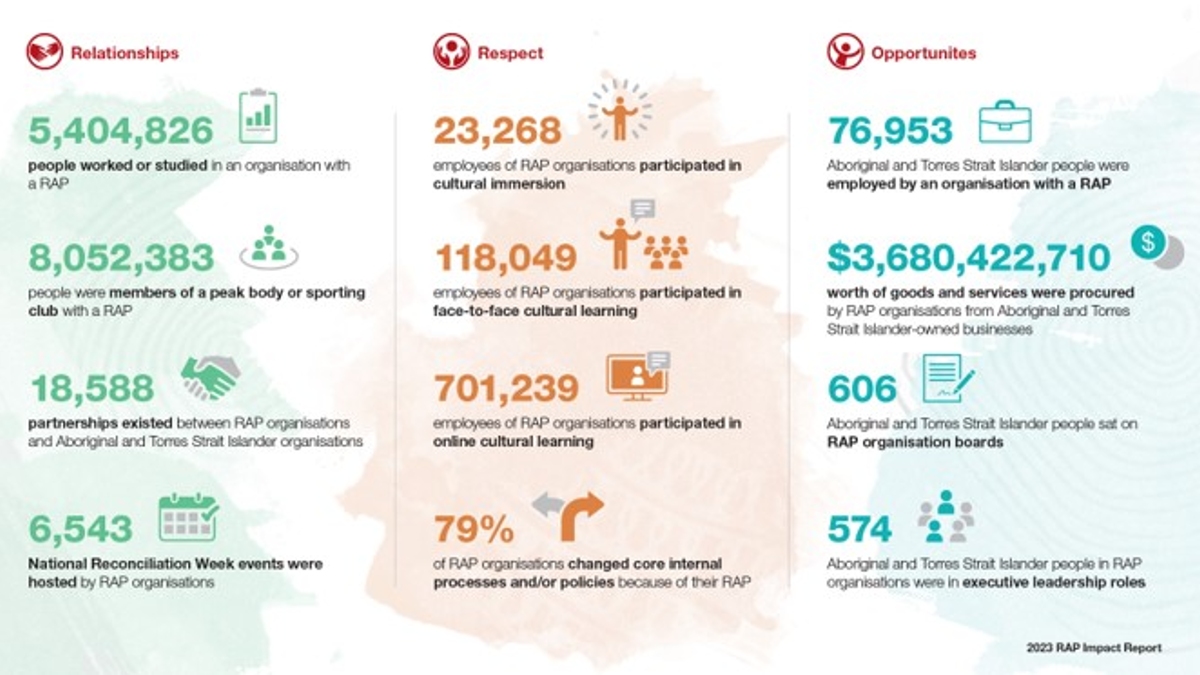

Since 2006, Reconciliation Action Plans (RAPs) have enabled organisations to sustainably and strategically take meaningful action to advance reconciliation.
Based around the core pillars of relationships, respect and opportunities, RAPs provide tangible and substantive benefits for Aboriginal and Torres Strait Islander peoples, increasing economic equity and supporting First Nations self-determination.
About RAPs
The four RAP types, Reflect, Innovate, Stretch and Elevate, allow organisations to continuously develop their reconciliation commitments.
Develop your RAP
More info about processes, timeframes, consultation, resources and templates for RAP development.
Who has a RAP?
Over 3,000 organisations have formalised their commitment to reconciliation through a Reconciliation Action Plan.
RAPs for schools and early learning services
Reconciliation Australia has a RAP development process specifically designed for schools and early learning services through our Narragunnawali: Reconciliation in Education program.
Narragunnawali RAPs provide an evidence-based, guiding framework for educational institutions to drive reconciliation and foster intergenerational change in classrooms, around school and early learning service environments, and with communities.
More than 40% of schools and early learning services across Australia have registered to develop a Narragunnawali RAP.

